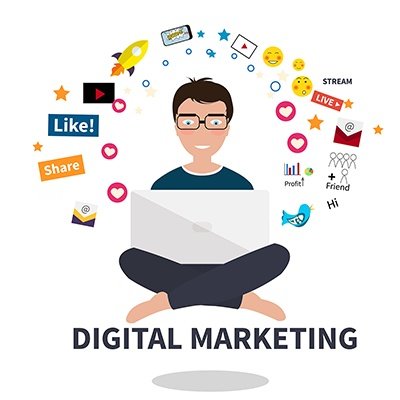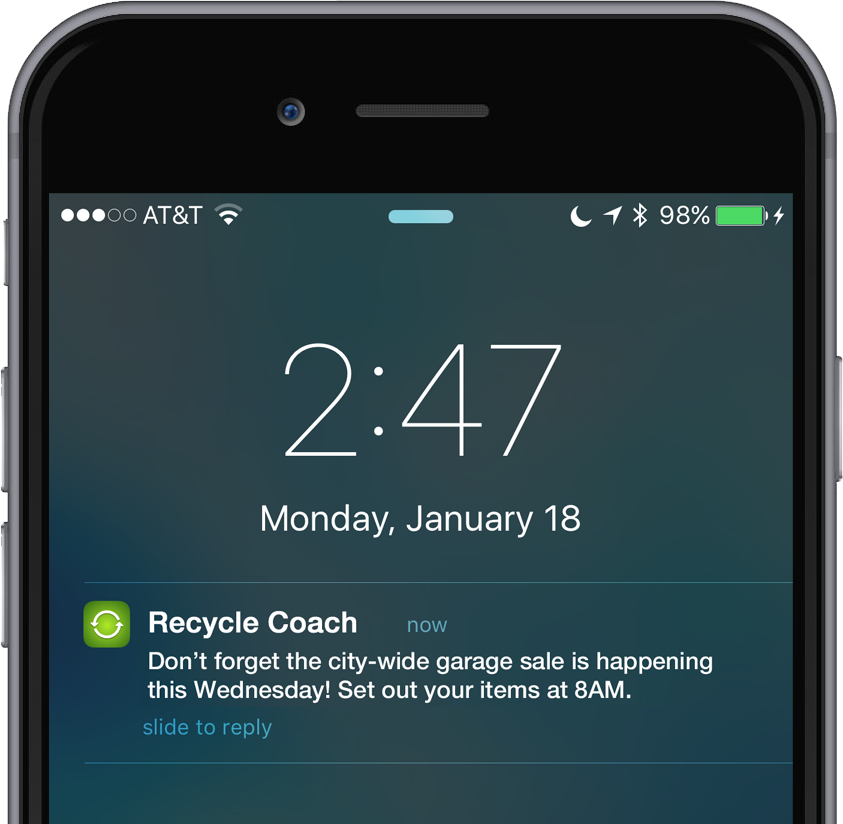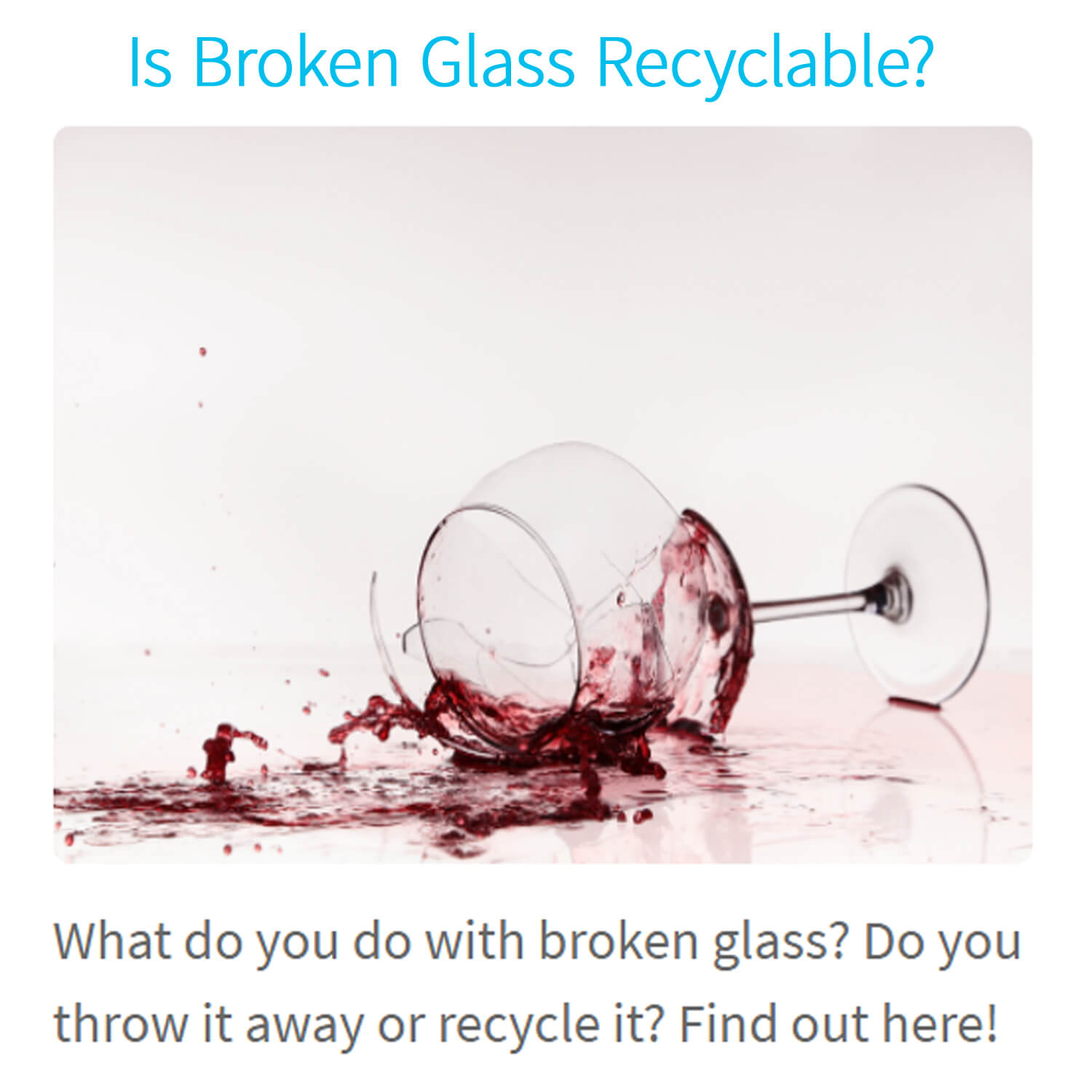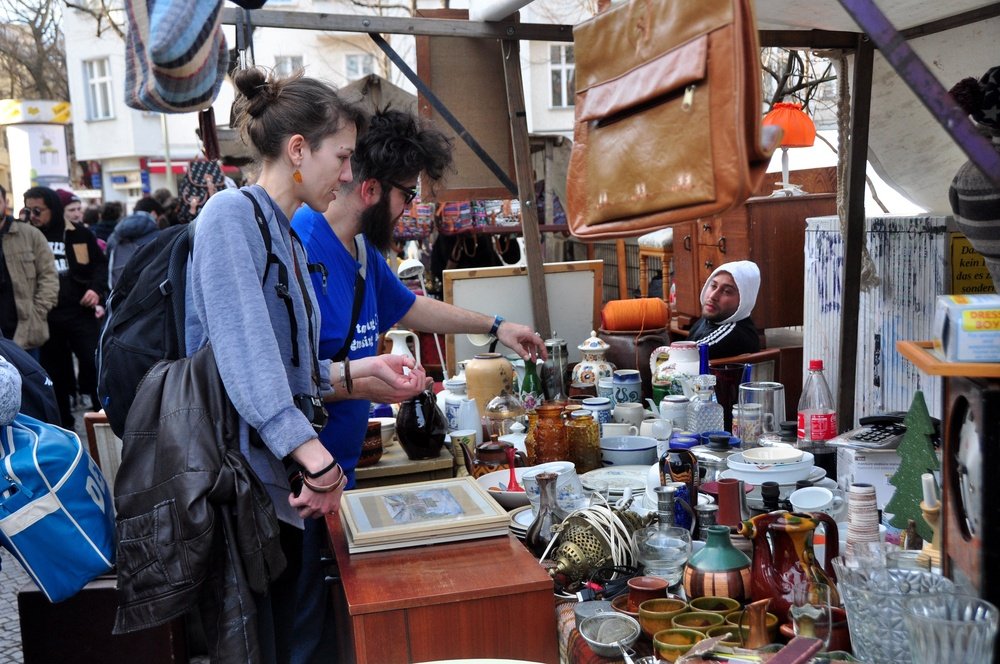Engaging Residents: Turn Your Website Visitors Into Subscribers

Welcome to Part Two in our Engaging Residents series. Last time, we looked at ways to engage residents who are unfamiliar with recycling or who are not active participants in the process. This week, we’ll discuss easy ways to turn casual visitors to your website into engaged citizens through subscriptions.
Building a subscription list is critical if you want your long term campaigns and collection events to succeed.
After all, the very act of subscribing is a clear indication that a resident is interested in your services and wants to hear more. And, because they have given you permission to contact them directly, you can use that access to build one-to-one relationships that become even more effective over time.
 Digital vs. Traditional Marketing
Digital vs. Traditional Marketing
Standard advertising distribution works in two parts: first, you must decide which channels to publish to, and then you have to get people to actually look at and register your message. Traditional marketing is mostly channel-based, and you have to make general assumptions to figure out where your target audience is likely to be. Digital advertising takes a similar approach, with some key differences:
- Digital advertising allows you to target the ad to people who fit specific demographic criteria and interests.
- Digital advertising can tell you exactly which channels will have the highest success rates based on that criteria.
- Granular analytics tell you exactly how many people viewed your message, how many people acted up on it (by clicking through to your website, for example), and how many signed up or registered for your event, if that is part of the promotion.
- Digital advertising costs are a fraction of those for traditional marketing because there are no incremental print or distribution costs to worry about.
Because of these differences, digital advertising allows you to reach far more people in many more places than you can achieve with traditional advertising, and you can do it with a much smaller budget. You can choose to share your message with many people, or just a targeted few. In addition, your analytics reports can help you understand why some campaigns are less successful than others, so you can make them more effective over time.
Subscriptions
Subscriptions take digital advertising to the next level. On some levels, subscriptions work the same way, enabling you to send targetedmessages to specific demographics, which ensures your messaging is seen by the people most likely to respond. But subscriptions have an added advantage –opting in gives you explicit permission to contact them directly. This means they have a concentrated interest in the service you are offering, and they are far more likely to respond compared to traditional advertising methods.
Subscription-based advertising includes any type of messaging that allows you to contact residents directly and requires their permission to do so. This includes email marketing, direct text messaging, and app notifications.
 How do I collect subscribers?
How do I collect subscribers?
- Add a form on your website where residents can sign up for email notifications.
- Include a signup sheet at your collection events.
- Ask residents to use a waste collection information app (such as the Recycle Coach app) and allow them to opt into direct notifications.
App Notifications vs. Email Marketing
Encouraging residents to adopt a service app can further increase their levels of engagement, which is why our clients report higher compliance rates for local collection events. Why? First, apps contain multiple touchpoints and reasons for residents to check in. Second, while residents might experience email fatigue or lose your email marketing along with their spam, app notifications alert users to important information directly on their phones, thus cutting through the noise.
The Recycle Coach app demonstrates a perfect example of how to take subscription-based communications to the next level. We start with practical opt-in emergency notifications (such as for a weather alert) and non-emergency notifications (such as for events). In addition, we have developed useful resources that not only provide residents with on-the-spot answers (our customizable What Goes Where? directory, for example), but also includes ongoing education for residents seeking to become better recyclers.
 Our educational outreach resources include:
Our educational outreach resources include:
- Social media conversations on Facebook and Twitter
- Blog posts where residents can learn about recycling and best practices
- Quizzes where they can test their own knowledge and challenge their friends
- Educational resources for motivated residents who want to dig deeper
- Recycle Coach Academy, an online learning platform which uses proven principles of education and behavioral theory designed to create and encourage long-lasting behavior change for improved recycling outcomes.
